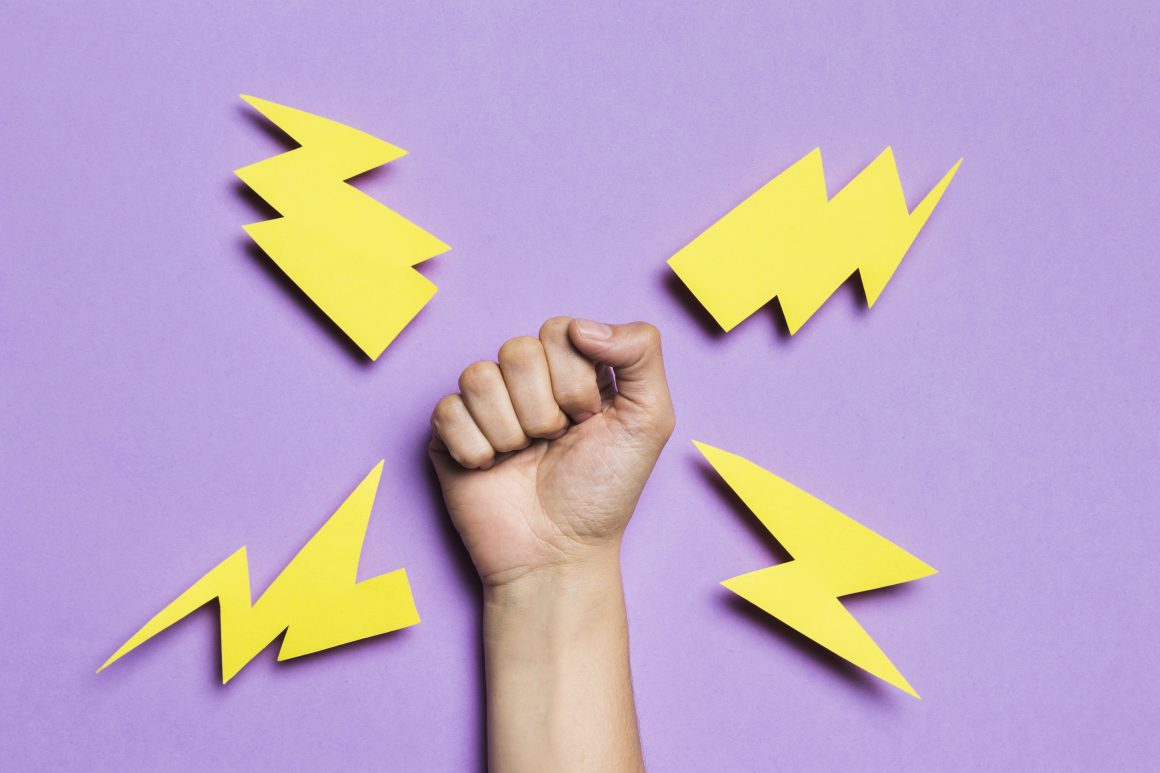
Alberta Council of Women’s Shelters promotes project to reduce barriers for Indigenous survivors
By Sophia Lopez, September 1 2021—
The Alberta Council of Women’s Shelters (ACWS) have partnered with the Alberta Native Friendship Centres Association (ANFCA) and the Association of Alberta Sexual Assault Services (AASAS) to bring Centering Relationships to End Violence. This project is funded by the Federal Feminist Response and Recovery Fund through Women and Gender Equality Canada (WAGE) which focuses on reducing the barriers that exist for Indigenous sexual and domestic violence survivors.
Jan Reimer, the executive director of the ACWS, discussed how the project aims to tackle the racial discrimination that systematically exists agaisnt Indigenous women and end domestic violence through culture-shifting violence prevention programs, collective data and research and front-line training.
“The project responds to a gap in addressing the needs of Indigenous survivors of violence in Alberta,” said Reimer. “There is a history of systemic and institutional racism which can prevent Indigenous survivors from disclosing the violence they experience, or even openly talking about it.”
Reimer went on to highlight the importance of the funding provided, as it is the reason the efforts made by all three organizations to support Indigenous women and survivors of sexual and domestic violence are possible.
“Thanks to this stream of funding through the Government of Canada, we will now have the formal resources to support an exploration of a deeper collaboration — designed to examine what is already working and what may be lacking to improve access to services and to better meet the needs of Indigenous survivors of violence,” said Reimer.
The provincial manager of wellness and women’s initiatives with the ANFCA, Jeannettee MacInnis, spoke of the positive relationship the association has with both the ACWS and the AASAS.
“You can’t create change without an authentic relationship,” said MacInnis. “To authentically address the needs of Indigenous peoples, particularly supporting Indigenous women and girls, Indigenous communities and organizations need to be actively involved in solutions, programming and collaborative efforts.”
COVID-19 has made it harder for women, especially Indigenous women, to get support and help when they need it. MacInnis believes that the pandemic has allowed the ANFCA to identify where support systems have failed and what needs to be improved.
“We know that Indigenous women and girls need to feel safe seeking out support. This includes discrimination free, culturally responsive and non judgemental supports,” explained MacInnis. “We hope by increasing communication, collaboration and increasing partnerships across the province, particularly now, that this project will promote both the power that these relationships can provide in increasing services but I think we all have a responsibility to do so.”
Deb Tomlinson, the chief executive officer for the AASAS, spoke about the responsibility the AASAS has to support the women who suffer from institutionalized racism and how by listening to the voices of those that are put at a disadvantage, the needs of Indigenous survivors can be met.
“As AASAS, as social workers, therapists, advocates and helping professionals, we have a responsibility to attend to the systemic forms of oppression that exist within our own institutions, policies and practice,” said Tomlinson. “We can build upon what is already working and what may be lacking to improve access to services and to better meet the needs of Indigenous survivors of violence.”
Tomlinson then mentioned the importance of acknowledging Canada’s history of racism towards Indigenous people. By understanding the root of the problem, initiatives can be created that allow Indigenous women to feel more comfortable reaching out for help.
“Sexual violence is a crime of power and control and at the root of sexual violence is sexism, heterosexism, colonialism, racism, ableism. That is why people who are discriminated against are at a greater risk of sexual violence,” said Tomlinson. “If we want to prevent or end sexual violence, we must address the roots of this crime.”
To connect with an ACWS member if in need of support or advice, call the toll-free 24/7 line at 1-866-331-3933. For more information or help visit the ACWS, ANFCA and AASAS websites. To find out more about Centering Relationships to End Violence, click here.
